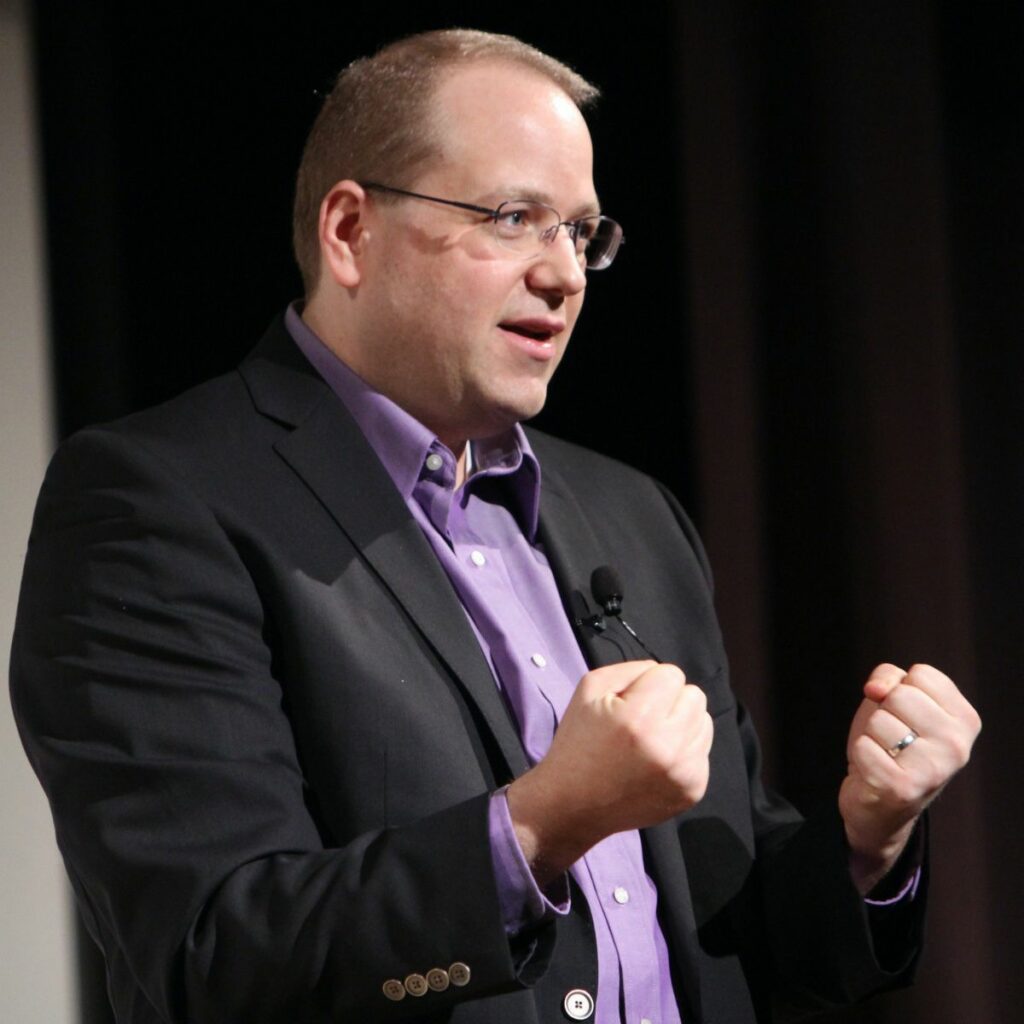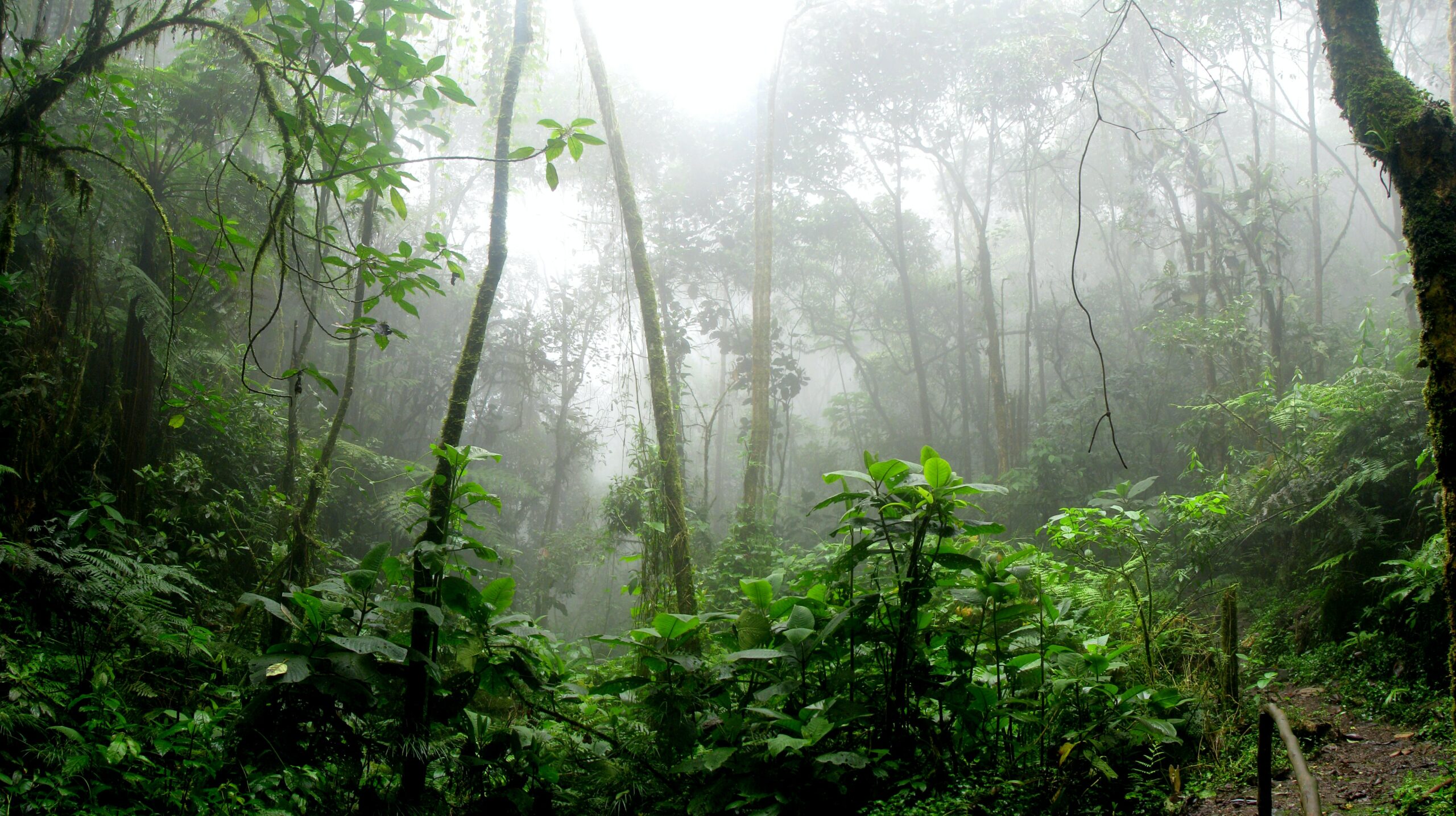Rights of Nature: An Interview with Thomas Linzey
Bioneers | Published: August 18, 2023 Restoring Ecosystems Article
What is the best way to support nature in your community? Thomas Linzey and others like him are leading a movement for governments to adopt and enforce rights of nature laws. The idea is similar to the concept of human rights, that ecosystems have inherent rights just like people do.
In this Q&A with Linzey, widely recognized as the founder of the contemporary Rights of Nature movement which has resulted in the adoption of hundreds of laws around the world, we learn about the significance of the movement. Sign up for the upcoming Rights of Nature Bioneers Learning course to gain insights on the most effective legal tactics for supporting and protecting nature in your own community.

Bioneers: Why is Rights of Nature so important for people to learn about right now?
Thomas Linzey: With catastrophic environmental collapse on the horizon, recognizing the legal rights of nature as a way to curtail dangerous human behavior is more important now than ever.
Bioneers: How did your career in Rights of Nature begin?
TL: I enforced traditional environmental laws, like the Clean Air Act, and the Clean Water Act, for a decade, and found that they weren’t actually working to protect the environment. I went on to draft the first rights of nature law in a small, rural, community in Pennsylvania back in 2006; then to assist the Ecuadorian constitutional assembly to place rights of nature into the Ecuadorian national constitution.
Bioneers: What is one fact that you find particularly fascinating about Rights of Nature? Why?
TL: That the rights of nature movement has now taken hold in over a dozen countries, and that in those places, local and state governments, and courts, have recognized the legally enforceable rights of nature in those places. That what started in one small community in the U.S. has reverberated around the globe.
Bioneers: Tell us one great reason why people reading this should sign up for your course?
TL: To learn how to practically advance this concept in their own community, and to hear from those who were there at the beginning of this movement, to hear “lessons learned” as this movement has spread around the globe.
